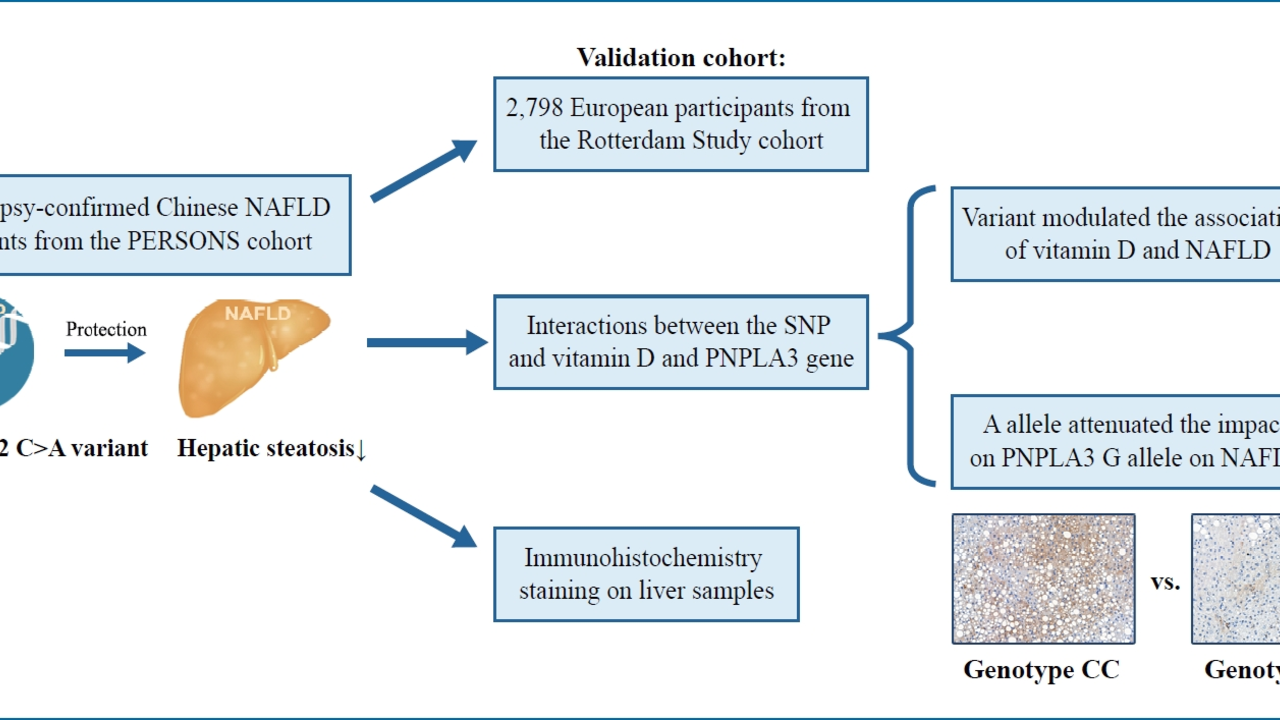Differences: How to compare medicines and pick what fits you
Not all drugs that treat the same condition act the same way. Some work faster, some need blood tests, and some cost a lot more. This tag gathers straight-to-the-point comparisons so you can see real differences without wading through jargon.
What these comparison posts show you
We focus on practical facts you can use. For example, our Warfarin substitutes piece compares apixaban and edoxaban on stroke prevention and bleeding risk. The Hepatitis B vs C article lays out how infection routes, testing, and long-term care differ. Other posts list alternatives—like Ventolin or Atorvastatin options—so you can weigh side effects, dosing, and how soon each option works.
Each article highlights the things that change a decision: effectiveness, safety, monitoring needs, cost, and how the drug fits into your daily life. We include study-backed notes when trials matter, and real-world points when patient experience matters more.
How to read a drugs comparison
Start with the outcome that matters to you. Are you after quick symptom relief, fewer side effects, simpler dosing, or a lower price? Look for these facts in every comparison:
- What the studies measured (symptom relief, hospital stays, survival). If a post mentions trials, watch for sample size and length—short studies can miss long-term side effects.
- Side effects that change daily life (weight, sleep, sexual side effects, bleeding).
- Monitoring needs (regular blood tests like with warfarin vs no tests for many newer drugs).
- Drug interactions (some drugs block or boost others).
- Cost and access (insurance coverage, injections vs pills, mail-order options).
We also point out when a treatment is an "alternative" rather than a straight swap. For instance, switching antidepressants may help treatment-resistant depression, but each new option brings different side effects and onset times.
Want a quick example? Our Wellbutrin alternatives post compares three stronger antidepressants and explains how they differ in side effects and how fast they work—useful info before you talk to your prescriber.
When a comparison mentions studies (like a metformin weight-loss mechanism), we call out the main finding and what it might mean for treatment choices—no vague claims, just what the research showed and where it still needs work.
Use these posts as a prep tool for your doctor visit. Print or screenshot the points that matter to you: outcome, side effects you want to avoid, and questions about monitoring or costs. That makes the conversation faster and more useful.
Browse the list of tagged articles to find comparisons that match your situation. If you’re unsure, bring the article to your clinician and ask how the facts apply to your health history. That’s the best way to turn a comparison into a safer, smarter choice for you.
Hepatic Encephalopathy: The Difference Between Acute and Chronic Cases
In my recent study, I delved into Hepatic Encephalopathy, a serious condition that affects the brain due to liver disease. I learned that it comes in two forms: acute and chronic. Acute cases are sudden, severe, and often associated with a specific trigger like an infection or the use of certain medications. On the other hand, chronic cases develop slowly over time, often due to long-standing liver disease or cirrhosis. It's crucial to understand these differences, as both types require different approaches in management and treatment.
Read more
